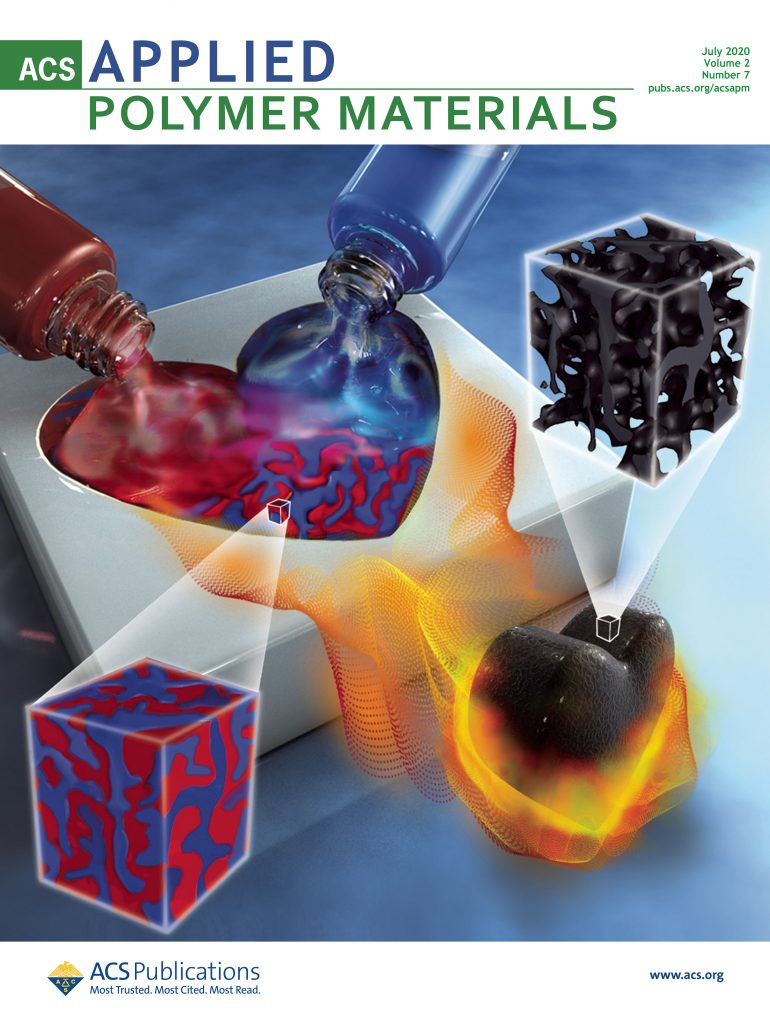习惯、目标和有效的行为改变
IF 4.4
2区 化学
Q2 MATERIALS SCIENCE, MULTIDISCIPLINARY
引用次数: 0
摘要
为什么我们即使打算做其他事情,也会按照习惯行事?答案就在于习惯记忆,或者说情境-反应联想,当人们在稳定的情境中重复有回报的行动时,就会形成习惯记忆。虽然习惯可以在人们追求目标的过程中形成,但习惯一旦养成,对情境的感知就会直接激活头脑中的反应。由于习惯的激活并不强烈依赖于动机,因此改变意图对习惯记忆的影响有限。相反,成功的习惯改变干预会直接影响行为本身:除了经典的行为疗法干预,习惯的改变还包括:(a)形成新习惯的奖励系统;(b)干扰环境线索,阻止习惯在头脑中激活;以及(c)摩擦,使习惯性反应变得困难,替代性反应变得容易。尽管有确凿证据表明习惯是由情境激活的,但人们往往认为自己的习惯是追求目标的产物。这种主观现实也可能解释了为什么一些研究者继续坚持认为习惯的表现取决于目标。本文章由计算机程序翻译,如有差异,请以英文原文为准。
Habits, Goals, and Effective Behavior Change
Why do we act on habit even when we intend to do something else? The answer lies in habit memories, or context-response associations, that form when people repeat rewarding actions in stable contexts. Although habits can form as people pursue goals, once habits develop, the perception of the context directly activates the response in mind. Because habit activation does not depend strongly on motivation, changing intentions has limited impact on habit memory. Instead, successful habit-change interventions directly impact the behavior itself: Along with classic behavior therapy interventions, habits change with (a) reward systems that form new habits, (b) disruption of context cues to forestall activation of the habit in mind, and (c) friction that makes the habitual response difficult and alternatives easier. Despite the strong evidence that habits are activated by contexts, people tend to believe that their own habits are a product of goal pursuit. This subjective reality might also explain why some researchers continue to maintain that habit performance depends on goals.
求助全文
通过发布文献求助,成功后即可免费获取论文全文。
去求助
来源期刊

ACS Applied Polymer Materials
Multiple-
CiteScore
7.20
自引率
6.00%
发文量
810
期刊介绍:
ACS Applied Polymer Materials is an interdisciplinary journal publishing original research covering all aspects of engineering, chemistry, physics, and biology relevant to applications of polymers.
The journal is devoted to reports of new and original experimental and theoretical research of an applied nature that integrates fundamental knowledge in the areas of materials, engineering, physics, bioscience, polymer science and chemistry into important polymer applications. The journal is specifically interested in work that addresses relationships among structure, processing, morphology, chemistry, properties, and function as well as work that provide insights into mechanisms critical to the performance of the polymer for applications.
 求助内容:
求助内容: 应助结果提醒方式:
应助结果提醒方式:


